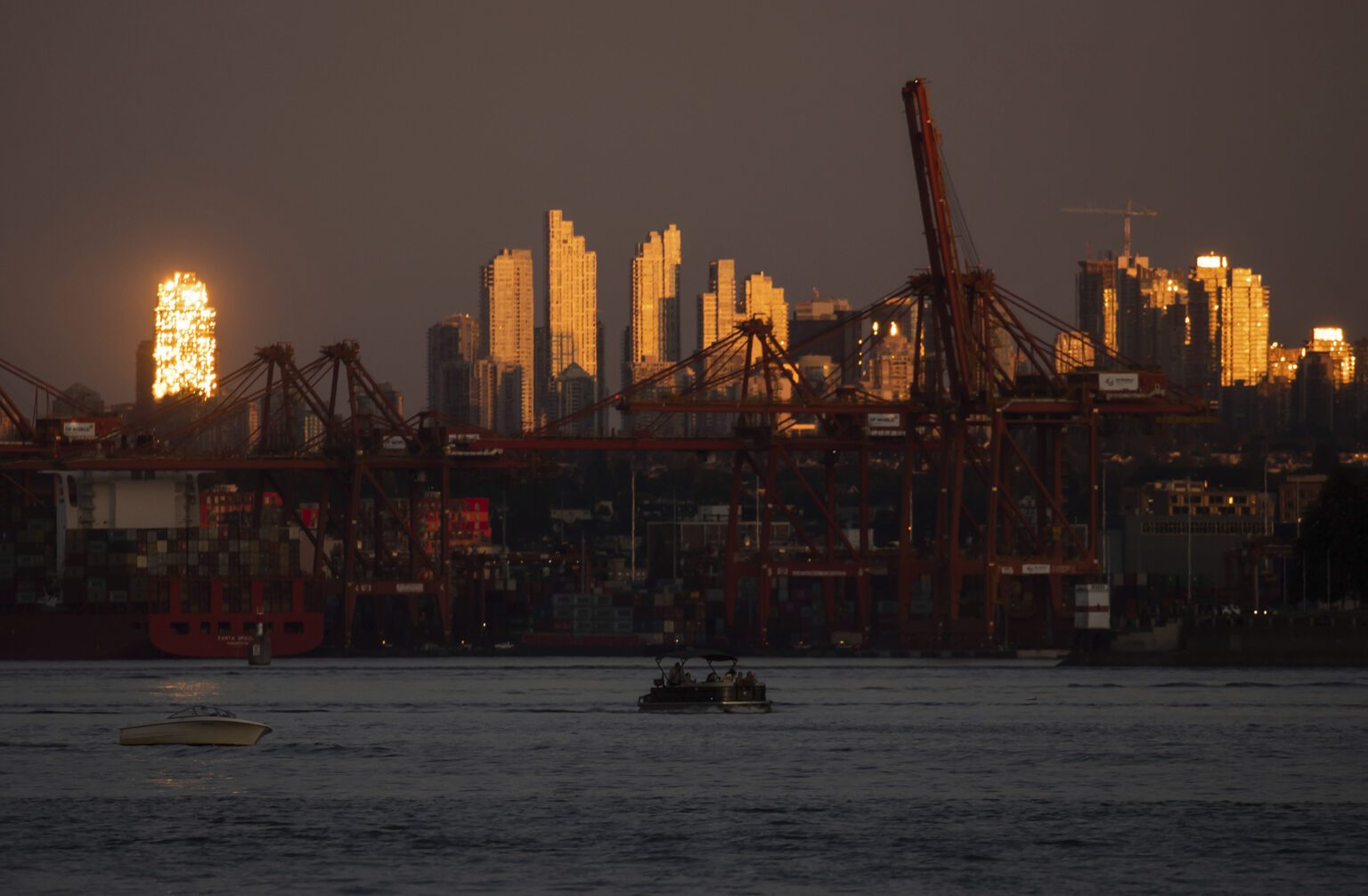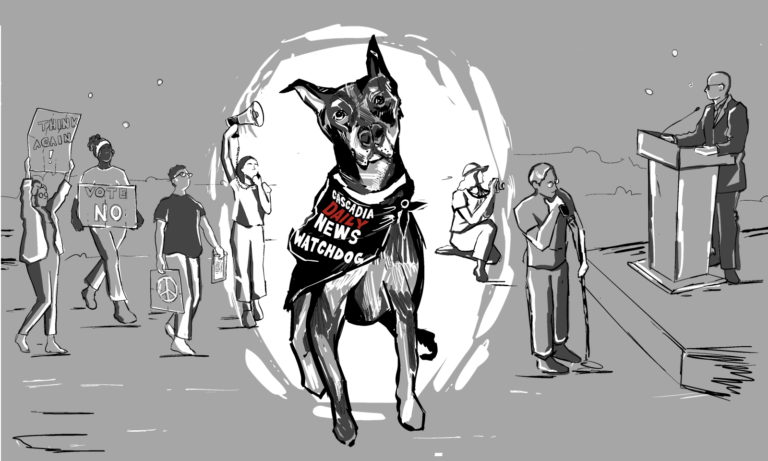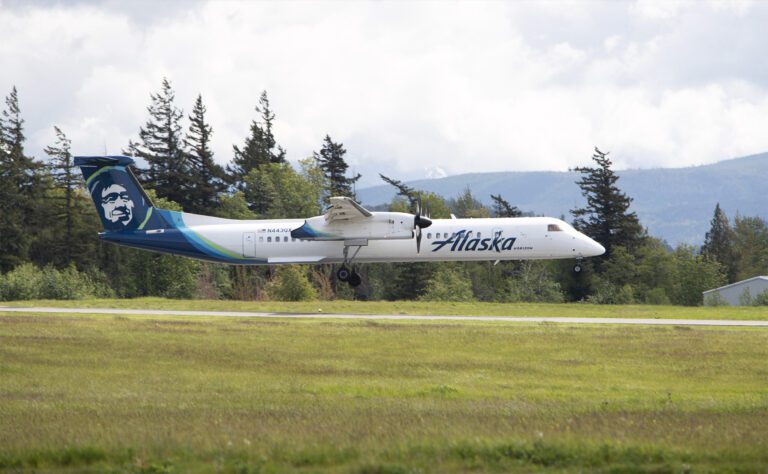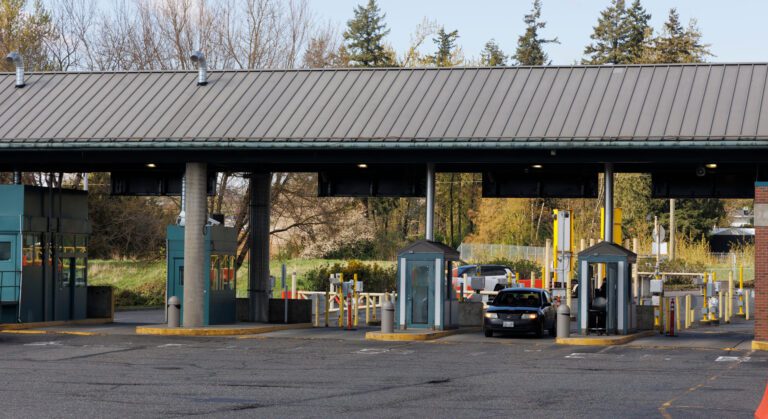A recently approved terminal expansion project at the Port of Vancouver has drawn ire from local Indigenous leaders, including Tony Hillaire, chairman of the Lummi Nation.
The project — known as the Roberts Bank Terminal 2 — will construct a new marine container terminal at the Port of Vancouver in British Columbia. It will add new land and a new three-berth marine container terminal near existing port terminals at Roberts Bank in Delta, British Columbia. Additionally, the project will increase Canada’s west coast container capacity by one-third.
Construction was approved by the Government of Canada in April this year, after a decade of environmental assessment and review.
“With this approval, we can advance one of Canada’s most important trade infrastructure projects to date, bolster our national supply-chain resilience, and deliver generational economic benefits for Canadians and Canadian businesses,” Robin Silvester, president and CEO of the Vancouver Fraser Port Authority, said in a statement. “I’d like to thank Indigenous and local communities, scientists, industry, chambers of commerce, and all tiers of government, who have played such an important role in shaping the project to date.”
The Vancouver Fraser Port Authority, the federal agency mandated to enable Canada’s trade through the Port of Vancouver, began consultation with Indigenous communities in Canada in 2011, reviewing the project with nearly 50 Indigenous groups which provided consent for the project.
Despite the decade of review, Hillaire said the project would have “devastating” impacts on the Lummi Nation, and said the project was in violation of the Supreme Court of Canada’s landmark decision in R v. Desautel.
R v. Desautel, decided in April 2021, ruled that non-citizens and non-residents of Canada can claim Aboriginal rights under the country’s constitution. The case kicked off after Richard Lee Desautel, a Washington resident and member of the Lakes Tribe of the Colville Confederated Tribes, was charged with hunting without a license in British Columbia. Desautel argued he was exercising his Aboriginal right to hunt in the traditional territory of his ancestors, and the Supreme Court agreed.
“The expansion of the Port of Vancouver will have devastating impacts on our ability to revitalize our fisheries and exercise our rights,” Hillaire said in a statement. “Desautel confirmed that our rights were not extinguished by the border. Yet, Canada continues to ignore us. The decision to approve the project without engaging in deep consultation with Lummi not only ignores Desautel, but also overlooks the opportunity we have to work together to restore salmon runs on the Fraser River.”
The Vancouver Fraser Port Authority secured mutual benefits agreements with 26 Indigenous groups prior to approval of the project, and said the agency consulted with the Indigenous communities it was required to under the Impact Assessment Agency of Canada guidelines.
The group called the expansion project “essential” for the country.
“Roberts Bank Terminal 2 is essential for Canada — with container trade on a long-term growth trajectory and west coast marine terminals almost at capacity,” the Port Authority wrote in an email on Friday, May 19. “Our focus is on advancing the project under our public-interest mandate in a way that protects and enhances the environment, is reflective of Indigenous priorities, and considers the needs of local communities.”
Even so, Hillaire said the project would be devastating for local salmon populations.
“The Lummi are Salmon People,” said Hillaire. “Salmon is integral to our identity, culture and way of life. The Canadian government does not seem to realize that it is not just Fraser River salmon runs at stake, but our livelihoods and the livelihoods of generations to come.”




